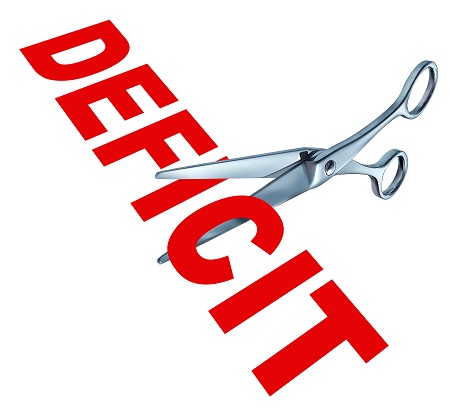May 25, 2021
To describe what a deficit is, let us look at someone’s family budget. Let’s say the family is taking in $5,000 per month and they are spending $5,000 per month. That means there is no savings each month. And we will also assume that $1,000 goes to pay off debts. There is no deficit either. Now let’s say the income is reduced to $3,000 per month and they are still spending $5,000 per month.

But because of the monthly “deficit,” the family must borrow some more. So, the loan increases their debt to $2,000 per month and therefore the deficit is now $3,000 per month. Before long, the family will go broke. Now our government is experiencing the same phenomenon, without going broke. The pandemic hit and reduced the government’s income. At the same time, we had to spend more to help those in need. Thus, the deficit widened significantly.
Only the government has unlimited borrowing power (when Congress allows), so we keep going in the hole. What will stop us from digging a larger hole? Our income must rise as the economy recovers, and this will lessen our need to spend. But like the family, we still will have to pay on the debt we ran up. And if we borrow too much, this could raise interest rates, which will increase the cost of that debt. The bottom line? The quicker we recover, the better off we will be, but we will be paying for a long, long time.
Source: Origination Pro
